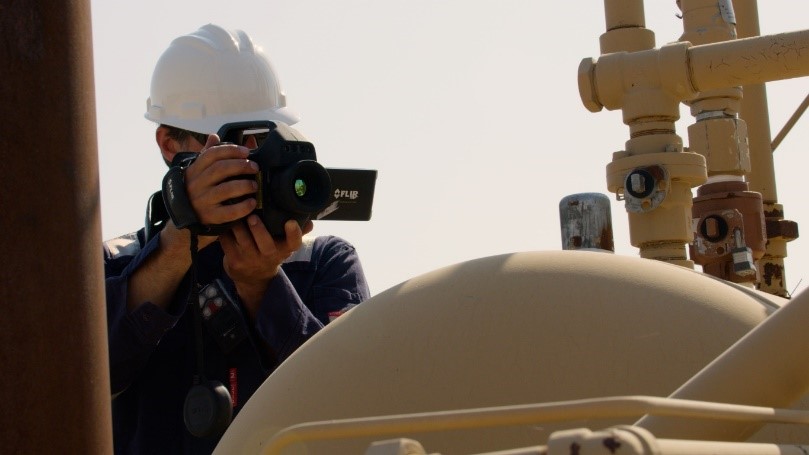Appalachia natural gas development continues to get cleaner. Using advanced technology while leveraging best practices and innovation to mitigate emissions, updated data shows the region’s gas producers reduced methane intensity by nearly 17% in a year, according to the Clean Air Task Force and Ceres’ 2024 Benchmarking Report.
The report, which is compiled using U.S. Environmental Protection Agency (EPA) air quality data, again cites Appalachia as having the lowest methane intensity of all major hydrocarbon-producing basins in the country. This, on its own, is a feat worth celebrating; however considering Appalachia is also the most prolific natural gas producing region in the country, it presents a tremendous opportunity for us to play a sizable role in any future energy scenario.
Across the country, natural gas production increased approximately 40% between 2015 and 2022, the researchers calculate, as methane emissions dropped 37% over that same time – negating the flawed notion that a cleaner environment cannot occur alongside a thriving energy economy.

In Pennsylvania, operators are taking the decarbonization challenge head-on by building best in class facilities and focusing on integrating environmental safeguards to curb methane and other greenhouse gas emissions throughout the production process. Alongside improved leak detection and repair measures, they are establishing ambitious emission reduction goals, substituting pneumatic controllers, adopting electric drilling and hydraulic fracturing units, collaborating with external entities for emission monitoring and data collection, and tackling legacy abandoned well concerns, among other initiatives.
“This industry goes to great lengths to establish a high environmental compliance standard and protect our environment,” Jeff Walentosky, president of environmental engineering firm Moody & Associates wrote in the Trib last fall. “It is also subject to regulatory reporting that is more transparent than any other Pennsylvania industry.”
It’s clear these efforts are working to boost both the energy security of our nation – ensuring we have adequate resources to meet skyrocketing demand – as well as laying the groundwork for a sustainable future where jobs, economic activity and environmental progress coexist.
But while the industry prioritizes producing the energy that meets the needs of American citizens and businesses and enhances national security (and doing so in increasingly cleaner ways), it is up to lawmakers to ensure policies don’t stifle very progress American natural gas delivers.
As MSC President Dave Callahan recently commented on the EPA’s latest rule, “instead of suffocating this industry with punitive regulations, we should be championing it by investing in its potential to deliver clean, affordable and reliable energy to American consumers.”





